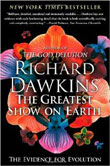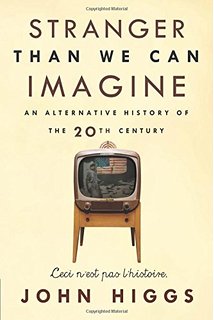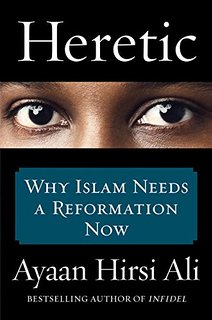Racial Misreckoning Only Limits Our Vision
Brandon Sun, September 21, 2020 –
David McConkey
I will summarize Domise’s point of view before I make my observations. I invite readers to comment on this discussion.
Domise begins by evoking a traditional African matriarchal family and collaborative society. Domise contrasts this with the modern “alienating” nuclear family, which he says has had a negative impact on the Black family and community. “The nuclear family model discourages African-rooted practices such as community fostering, fictive kinship, social fathering . . .”
Domise argues that “the well-worn trope of the ‘broken’ Black family – led by burdened mothers, in the absence of capable fathers” has been used “to force the nuclear family on Black communities.” Domise cites the example of the Moynihan report from the administration of U.S. president Richard Nixon.
Black folks, Domise concludes, should reject the nuclear family in favour of their “own traditions and histories.”
Finally, Domise applauds the current “uprisings against white supremacy and the evils of capitalism.”
Wow! “Canada’s National Magazine” today is not your father’s Maclean’s!
To start, Domise’s opinion is different from my understanding of the beneficial role of fathers and of nuclear families. I want to learn and to be open to new insights, especially from minority and other less frequently heard voices. But I am skeptical of Domise’s idealized picture of an African tradition of a collective, matriarchal society. That sounds like too simple an explanation of how millions lived on a whole continent. Furthermore, while we can celebrate traditions, we must be critical of them as well. Racism, homophobia, child abuse and family violence can also be part of cultural traditions.
What about the Nixon administration’s Moynihan report? Here, Domise makes a mistake in the context: the report was not Nixonian, but part of president Lyndon Johnson’s war on poverty. So the report at least deserves some credit for good intentions!
The 1965 Moynihan report found that Black children are often at a disadvantage because of the absence of their father. Moynihan noted that 25% of Black children were born to unmarried mothers. (Today, the percentage is three times that.)
My question: Why is it a taboo to point out that children (of any race) don’t do as well in life if their father is not around? Domise glosses over the concern about “the absence of capable fathers.” And I am skeptical about any ideas when no evidence is presented that they can actually be put into practice. These include notions of “community fostering,” “fictive kinship” and “social fathering.”
Domise’s writing is saturated with descriptions of race. In his 725-word column, Domise uses “Black,” 17 times and “African,” five times. He uses “white,” five times – and always as part of “white supremacy”; he sometimes instead says, “Western civilization.”
Here is Domise's key point: “the most brutal social structure that Western civilization has managed to force on the present-day Black family – the African family – is the alienating nuclear family structure.”
I find his general premise absurd. The nuclear family – two parents raising their children – is a “brutal social structure”?
Furthermore, I find his racial premise also absurd. The nuclear family structure is “forced” on today’s Black family? In Canada, most Black folks (or their ancestors) chose to come here, leaving behind Africa, the Caribbean or elsewhere. And in Canada today everyone is as free as anywhere on the planet to live in whatever style of family we wish.
I must emphasize that Domise’s proposal is that Black families should live a certain way because they are Black. But isn’t that idea racist?
Domise’s column echoes debates from the last few decades. Does it take a village? Or does it take a family? Should fathers be blamed more for abandoning their families as deadbeats or for dominating their families as patriarchs? But why can’t all citizens – of whatever race – look to best practices from everywhere? Why can’t we nurture involved, egalitarian parents and families within a supportive local community and larger society?
Ideas matter. Bad ideas befuddle our thinking and limit our vision. But we don’t need to settle for whatever bad ideas come along, even if they are in a respected national magazine.
We can look instead for great ideas that nourish us to better understand the complexities of our world and imagine how all of us might become our best selves.
*
* * *
See also: Should We Be Worried About “Cancel Culture”
Gripping New Memoir from Canadian Author “Unveiled”
Telling the Truth Today
Getting to Good Ideas
Can We Say No to More Racism?
How Can We Learn to Think and Argue Better?
QUICK CONTACT:
David McConkey,
Brandon, Manitoba
Send me an email
My Sites / Interests
- Citizen Active
- Columns
- The Great War
- Live Well, Do Good
- Manitoba History
- Obituary Guide
- Reviews
- The War on Drugs
Some Reviewed Books:
The War on Drugs:
A Failed Experiment

The Atheist Muslim:
A Journey from Religion to Reason
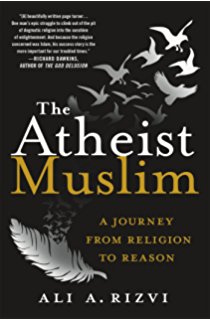
Stranger Than We Can Imagine:
An Alternative History of the 20th Century
Heretic:
Why Islam Needs a Reformation Now
Islam and the Future of Tolerance:
A Dialogue
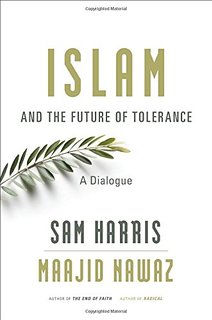
Extraordinary Canadians:
Nellie McClung

The Greatest Show on Earth:
The Evidence for Evolution
